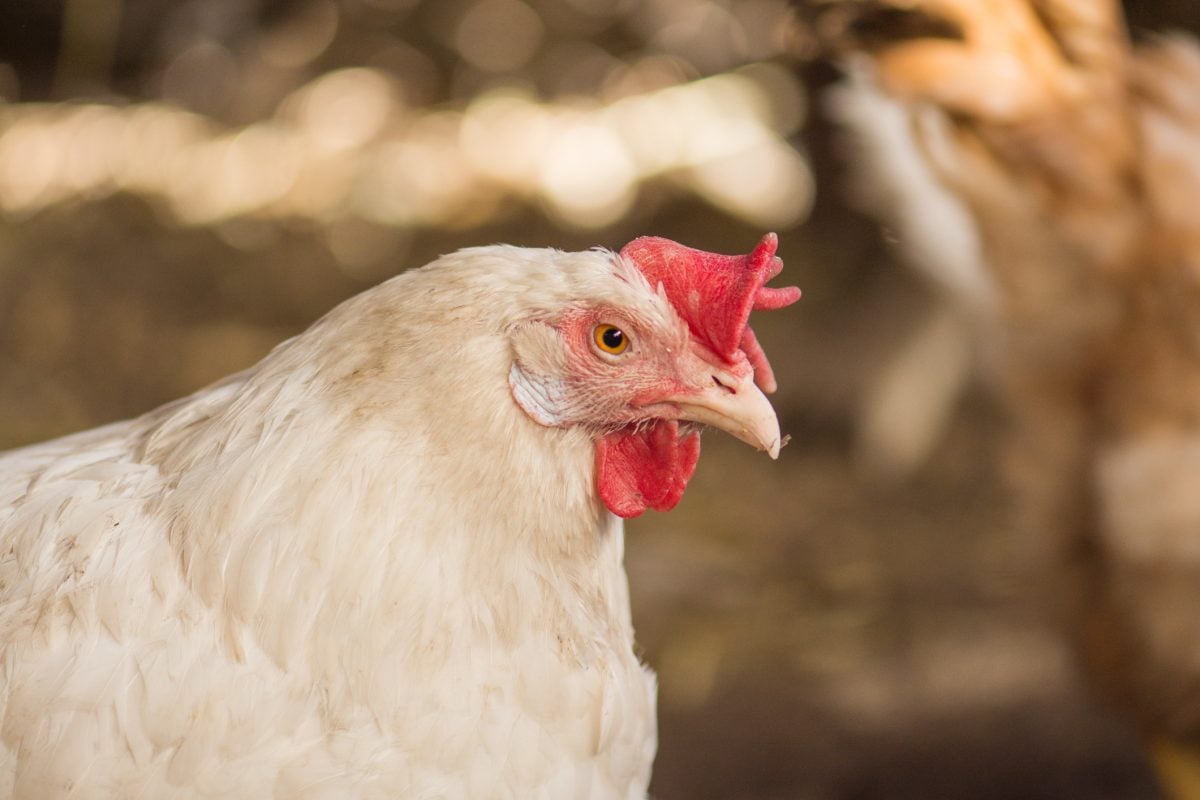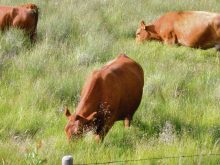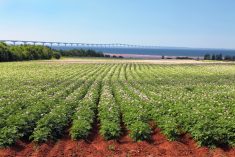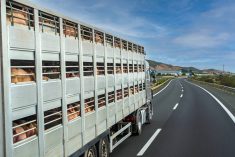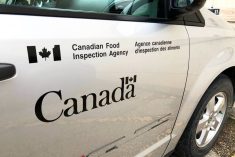The Canadian Food Inspection Agency (CFIA) is set to make seven regulatory changes to cut red tape around agricultural production.
“This package of regulatory changes is about building a regulatory environment that reflects and responds to the realities of today’s agriculture sector,” said federal Agriculture Minister Heath MacDonald in a Wednesday press release.
The changes to the Health of Animals Regulations and the Safe Food for Canadians Regulations fall into three categories: removing overly prescriptive requirements; increasing flexibility and speed; and levelling the playing field for the Canadian agriculture and agri-food sector.
Read Also
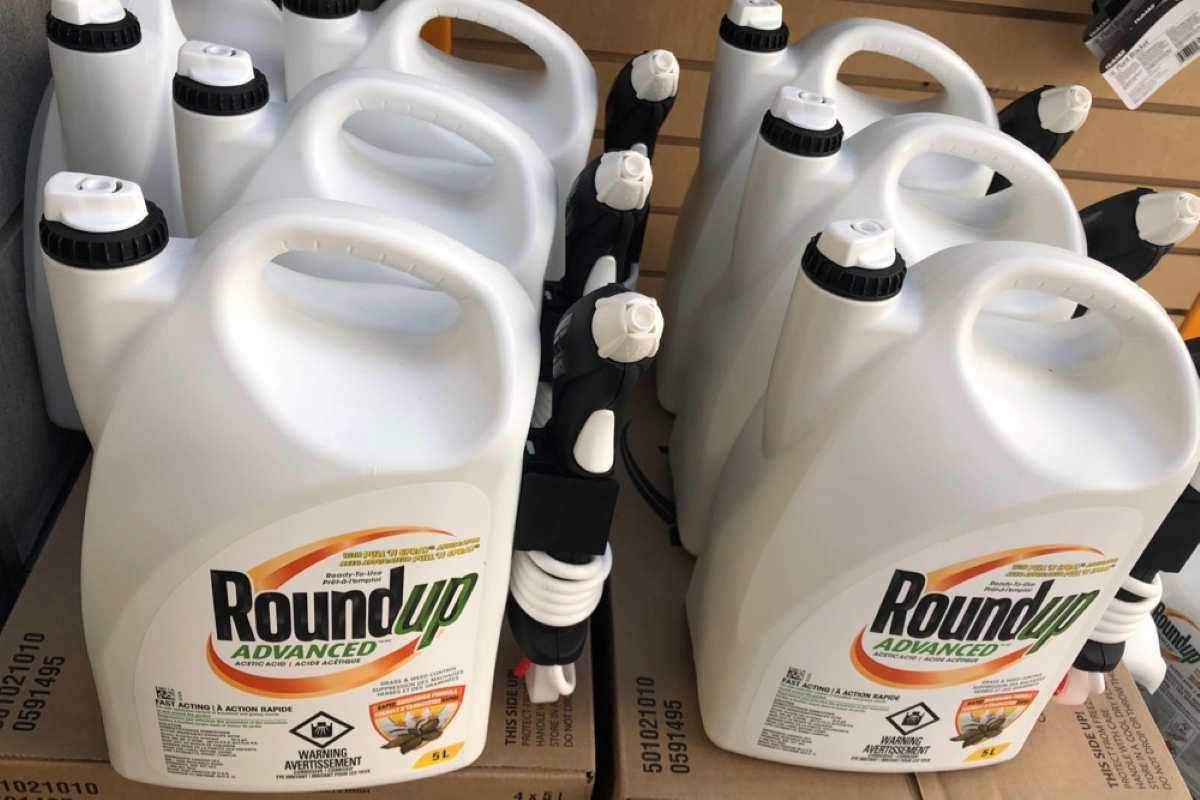
U.S. Supreme Court to hear Bayer’s bid to curb Roundup cases
The U.S. Supreme Court agreed on Friday to hear Bayer’s bid to sharply limit lawsuits claiming that the company’s Roundup weedkiller causes cancer and potentially avert billions of dollars in damages.
Industries of greatest impact are fruit and vegetable, and livestock — mainly poultry and veal.
For fruit and vegetable producers, the changes include:
- Fresh fruit and vegetables will no longer require prescriptive label.
- Produce intended for further processing, manufacturing, or preserving is exempt from mandatory grading requirements.
- Fresh fruits and vegetables grade standards will be managed by the Fruit and Vegetable Dispute Resolution Corporation to more effectively meet industry needs.
Changes for the poultry industry include:
- Reduction of traceability labelling requirements for hatching eggs and chicks to align with current industry practices.
- Required testing for Salmonella Enteritidis on hatching eggs imported from the United States to licensed Canadian hatcheries.
Changes to livestock regulation are:
- Increased efficiency and ease in updating animal import rules to align with international standards or new science.
- Updated import requirements for veal to give more flexibility.


